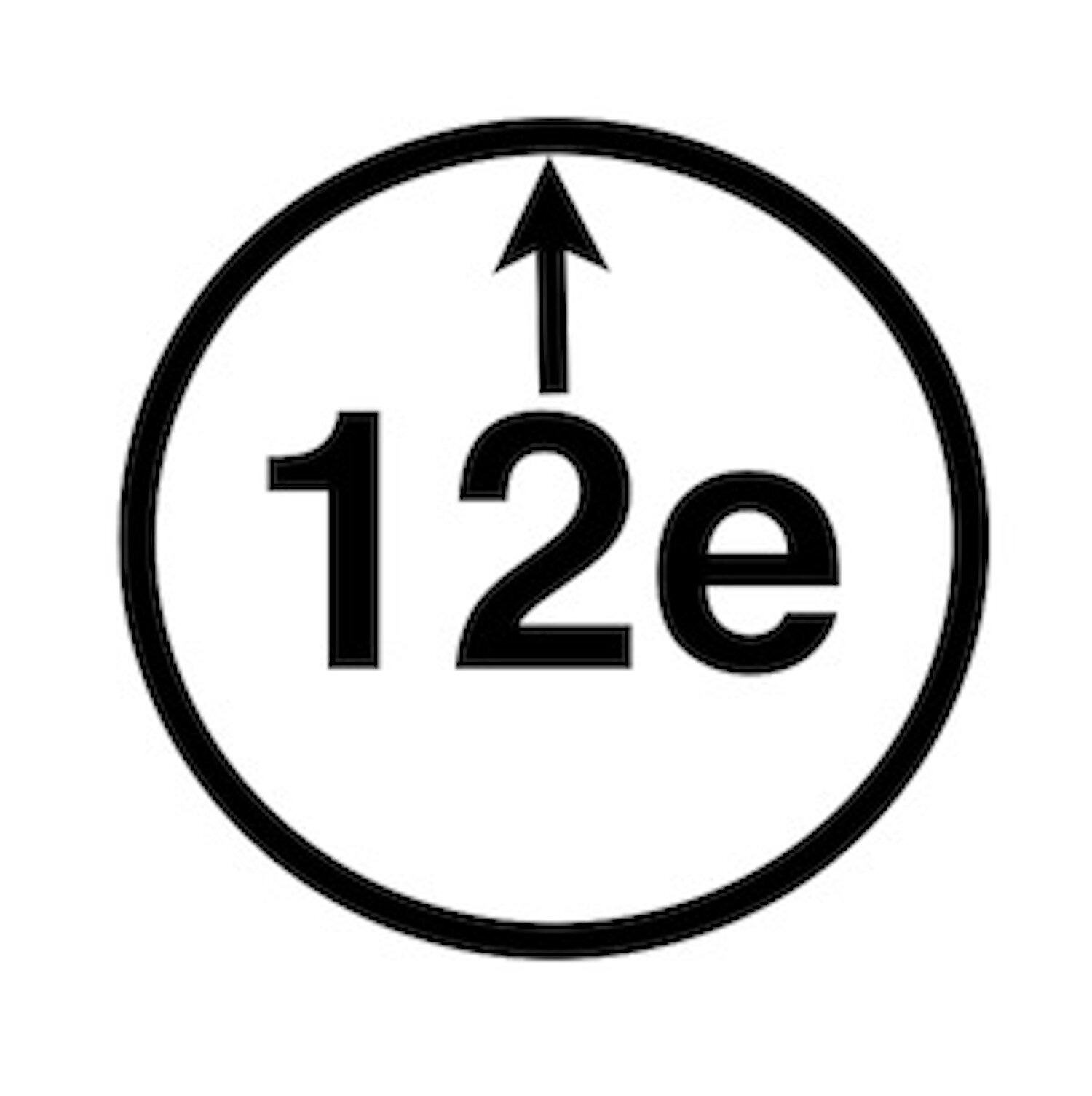The Mystery of Proof
How do we know that God exists? If we could only see God, then it would be much easier to believe that God does indeed exist. We see a table and know that it exists. We feel the chair that we sit upon and know that it is real. Yet we cannot see God. Most of us do not have a direct experience with God as we might with the chair, and yet we are told that we need to believe.
This is one of the major challenges of faith, that we are called to believe in something that we cannot see and that we cannot have a direct experience with, unlike my chair. Some would claim that the idea of God is simply a human construct created to answer questions of mystery that humans had when encountering the world. Where did the rain come from? It is the crying of the gods. What causes earthquakes? They are caused by the gods fighting. When encountering the mysteries of life the divine has often been used as the explanation for the unknown. Yet now we know much. We understand much. When we look at the night sky we do not believe that we are looking at holes in the sky created by the mischief of gods, but at masses of gas and plasma emitting quantities of heat and light millions and millions of miles away. When we see the tide rise and fall we do not say it is because the divine is taking a bath in the ocean, but that it is a combination of gravitational forces exerted by the Sun, Moon, and the rotation of the Earth. We are no longer simply looking at mystery. When we experience something we look to explain it, to show how it happens and we no longer stay in the mystery.
So how can we be expected to believe in God when we cannot show or experience God? How do we believe in God when we cannot find any mystery in the world in which to place the presence of God?
Perhaps, instead of looking for the presence and existence of God, we should be looking for mystery that still continues today. The idea of mystery has an important and strong part in the Eastern Orthodox traditions of Christianity. These are those moments when the visible and the invisible intersect and overlap. In the liturgy of the Eastern Orthodox this is often in the rituals of the Lord’s Supper or Baptism or what Roman Catholics would understand to be sacraments. These are those moments when space has to be made for something that cannot be seen or known or experienced directly. These are moments that cannot be explained and in these mysteries is to be found the presence of God.
Putting aside the rich Orthodox theology (which I cannot give full justice in this space), consider such an approach to our daily life. Consider the mysteries that we see every day. What are those things that happen that cannot be explained? When we look at a powerful work of art we engage in mystery. On the one hand we see lines and colors and textures and shapes and shadings and they are nothing more that a combination a variety of things. On the other hand something happens when we encounter a great work of art. We are move, we are disgusted, or we are brought to fear or joy or calm. When we listen to music on the one hand we are simply hearing a manipulation of tones and rhythms and timbers, yet on the other hand something happens in our engagement with the music and we feel something. In all the arts we can say that we see something, but something else happens and while we can make connections and correlations, we cannot completely explain what it is that is happening. We cannot point to exactly what it is that is impacting us but know that something is happening. In the arts, we find a mystery. I believe that in this mystery we can find the presence and the experience of God and the mystery points to the fullness of God.
We do not know what it is exactly when we talk about God, we cannot point to God’s material presence, but we feel the effects. We feel the sense of comfort, the hope, the love, and the mercy. It is a mystery, but in that mystery we can find the divine. When we read about the cross and the resurrection we are brought to consider the truth that the cross points to – a profound love and forgiveness - and we feel something. We cannot say what it is, but we can say that something happens. The mystery is that we are effected by something, and we do not know what. Some may claim that it is just a combination of brain chemistry. Others may say that it is a psychological response to a deep need to believe in something bigger than ourselves. I would like to say that it is the effect of being in the presence of God. Yes, it is a mystery. We cannot prove God exists or prove that God does not exist. It is not a chair or a table and cannot be explained. Yet something happens and it is powerful and it is bigger than we can understand and in that mystery we can find God.
